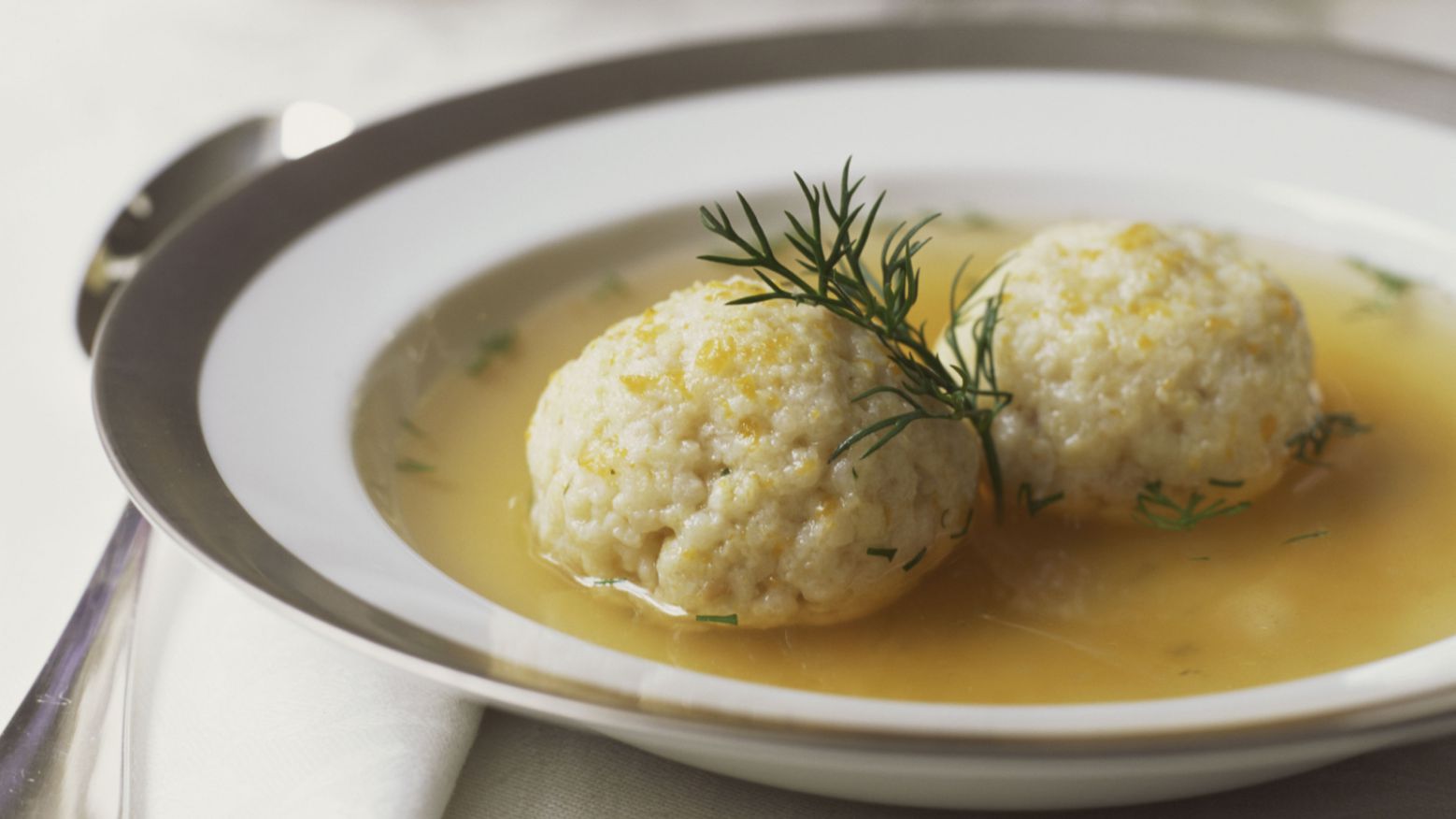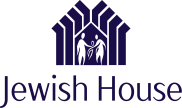
Kosher Food Laws and Policies
What is Kosher?
How can hospitals provide kosher food?
Kosher meals are available at most Hospitals in the NSW Metropolitan area. Please enquire with the nursing staff, who should be able to assist in sourcing kosher meals during your stay in Hospital. If you have difficulties arranging kosher food, please don’t hesitate to reach out to us.
Some general Kosher guidelines:
Kosher foods are generally divided into three main categories: meat, dairy and pareve.
Meat
For an animal to be kosher, it must have cloven hooves and chew its cud. Therefore, pork or any derivate of pork is not Kosher. Manufacturers must process the meat in a specific way to maintain the integrity of kosher production methods. Examples of kosher meat varieties include beef, veal, goat and lamb. Birds and poultry (that are not birds of prey) are also kosher, including chicken, turkey and certain types of duck, quail, and geese.
Additionally, for meat and poultry to be kosher, it must undergo the process of shechitah, the prescribed method of slaughtering animals. This is performed by a highly skilled specialist.
Dairy
All dairy products and derivatives (milk, cheese, butter etc.) must come from a kosher animal. Importantly, dairy products may not be consumed with meat or poultry.
Pareve
Pareve foods contain neither milk nor meat, therefore, they are neutral. This category includes fruit and vegetables that must be insect–free, grains, juice, eggs from a kosher animal and fish that have both fins and scales. Importantly, fish may not be consumed together with meat.
Meat and Milk in the Kosher Kitchen
The Torah forbids: 1) cooking meat and milk together in any form; 2) eating such cooked products (i.e. serving ice cream with a meat meal or serving milk coffee with a meat meal), or 3) deriving benefit from them.
As a safeguard, the Rabbis extended this prohibition to disallow the eating of meat and dairy products at the same meal or preparing them with the same utensils. Furthermore, milk products (milk coffee, cheese, ice cream) cannot be consumed after eating a meat meal for a period of 3-6 hours. Prior to eating meat after dairy, one must eat solid food, either drink a liquid or thoroughly rinse one’s mouth, and check the cleanliness of one’s hands.
Cooking or Warming up Kosher Food in the Hospital Kitchen
Each kosher meal sourced from Kosher suppliers by the Hospital catering department comes with clearly labelled instructions on how to warm or heat the meal.
In the event you have a home-cooked meal or other self-sourced food to be heated or warmed up, the following guidelines should be followed to ensure the meal remains kosher.
Using a non-kosher microwave: Double wrap the food that requires warming up in Glad-Wrap. Ensure the wrap is tight and around all sides of the food packaging. (A suggestion is to place the food into a container or bowl, so the glad wrap does not stick to your food)
Using a non-kosher oven: Double wrap the food item in foil tightly and warm up in the oven. Ensure the foil is double layered and covers the food item on all side.


